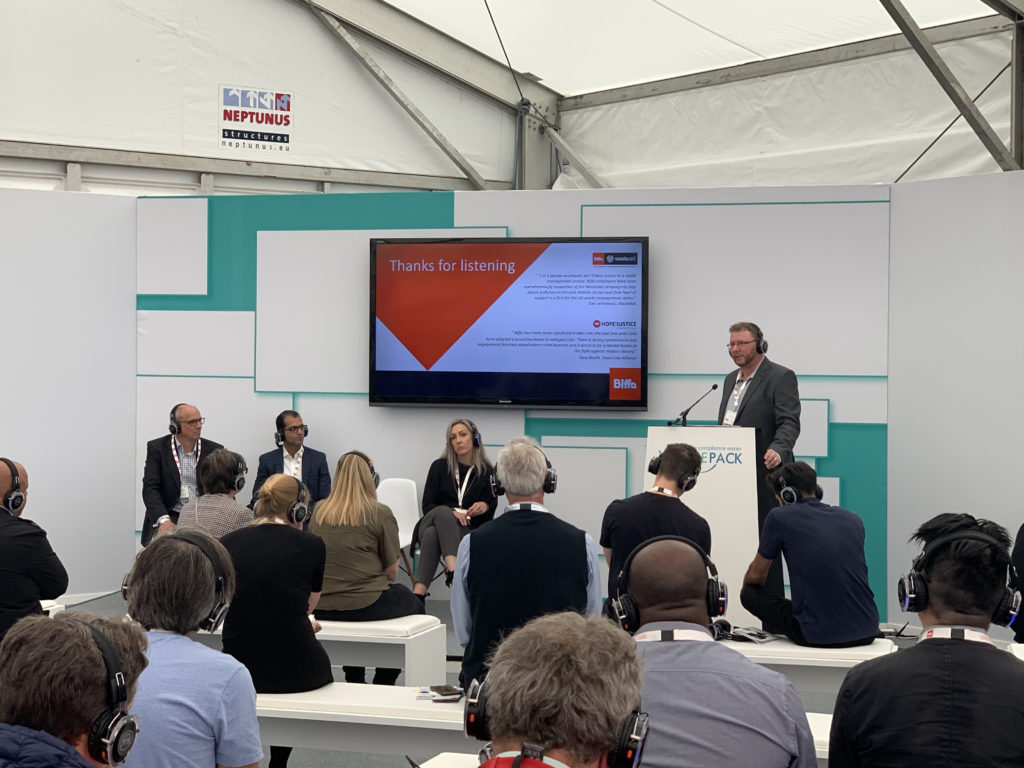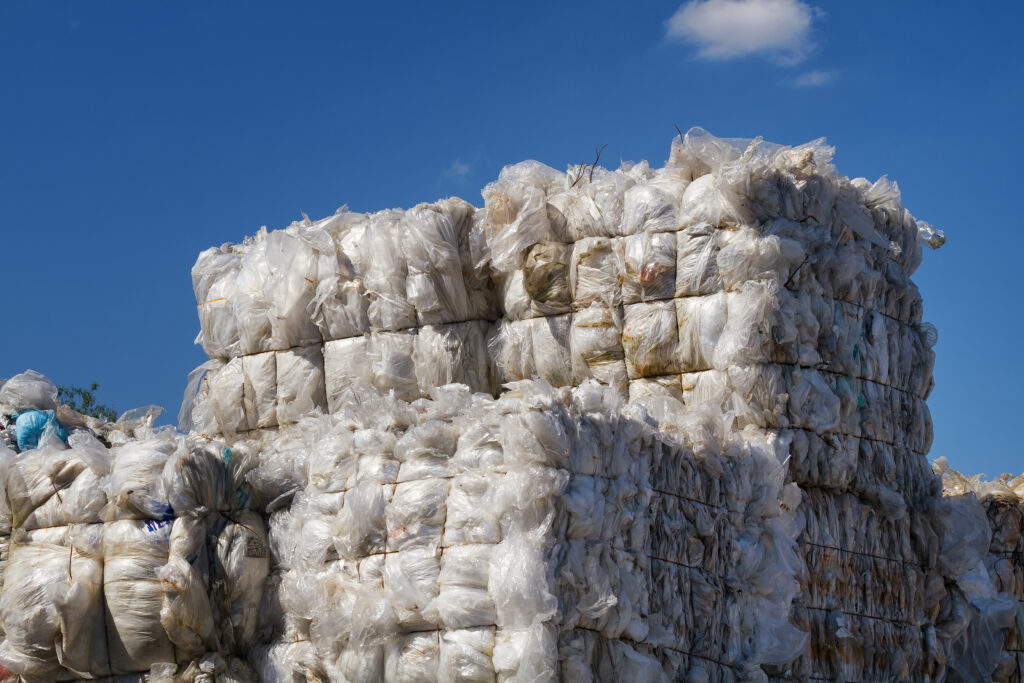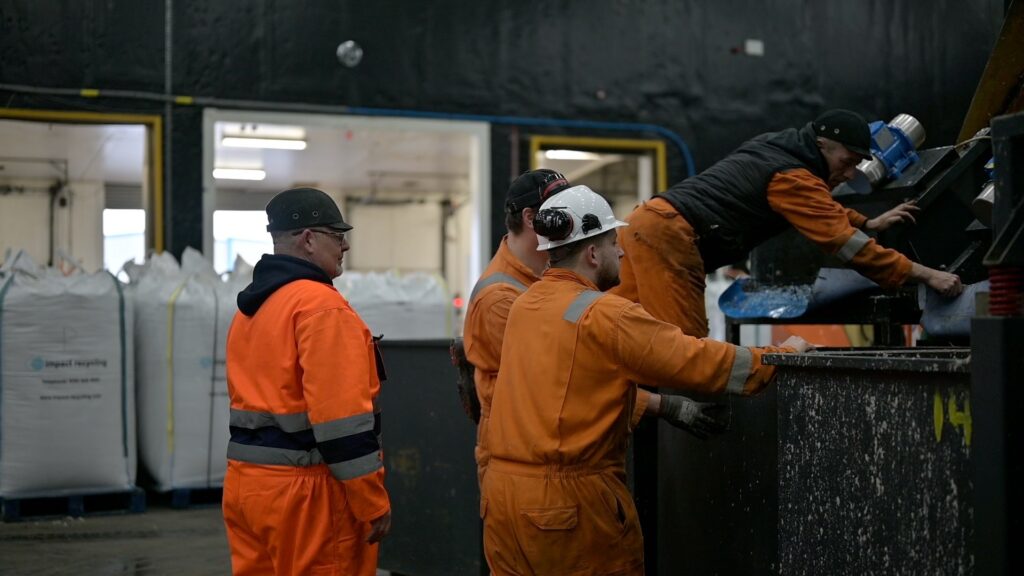Chaired by Stuart Foster, chief executive of RECOUP the session panel consisted of: Alyce Morris, project manager, Wastepack Group; Zubair Bajwa, operations director, Eurokey Recycling; and Phil Goodier, managing director – polymers, Biffa.
The environmental aspects around the whole plastic debate were raised by the speakers as well as audience members.
Mr Goodier said that it would good to have waste volumes reduced generally which would help “with all stages of the waste hierarchy”.
And, he reasoned there was a high standard of plastics production across the world although the sector was faced with challenges from those where the market was abused overseas and also in the UK around the PRN.
Mr Goodier commented: “there is an ongoing need for education about what plastics are and what can be done with them for recycling. While we recognise the concerns when, for example businesses are pictured using child labour, there are also phenomenally competent recycling companies in countries such as Turkey and there is also a state-of-the-art industry in China.”
Mr Foster remarked that there was now more action being taken on tackling illegal waste exports: “ the Joint Crime Waste Unit is working on ensuring that restrictions on end destinations are met.”
Food grade
Asked about plastic being recycled into food grade material, Mr Goodier ran through the three polymer types for bottles, HDPE, PET and PP (polypropylene).
“The vast majority of HDPE is milk bottles and PET tends to be food packaging,” he explained.
“PP is where the problem is as PP bottles could be containing Domestos or food. We have to have pickers. For customers 95% of the material has to be food grade and we’re at least five years away from when robots and cameras can be offering a solution.”
PP is where the problem is as PP bottles could be containing Domestos or food.
The ideal solution would be to keep non-food containers away from food ones.
– Phil Goodier, Biffa Polymers
Construction
In response to a point from the audience that a lot of construction waste plastic is not saved for recycling, Stuart Foster remarked that while the food packaging sector has taken the brunt of consumer focus, all sectors using packaging need to become more sustainable. “Whether that is construction or agriculture, there is a lot to do.”
On the construction side, Mr Bajwa said that Reconomy will be looking into the plastics arising in the construction sector.
Film
Mr Goodier said that film is “damn difficult to recycle. If you make it more expensive to dispose of it would drive the economy to collect and sort it out – all of these new compliance and tax regimes need to act as incentives. Farmers use lots of plastics and there also huge amounts in the car industry. But you can only change the investment case if you can change the value of the process.”
Alyce Morris, project manager with the Wastepack Group, commented that her organisation is having a lot of interaction with members over plastics and that they are looking closely at what is required under the plastic packaging tax. She said: “Some of our members are being surprised in finding that their plastic materials they use already contain recycled plastic.”
Eurokey’s Zubhair Bajwa commented on the recent launch of the company’s new sorting facility at Kettering with the focus currently on the segregation side of plastics. He said that Tesco is one of the active companies had has been looking at this for many years with Eurokey.








Subscribe for free